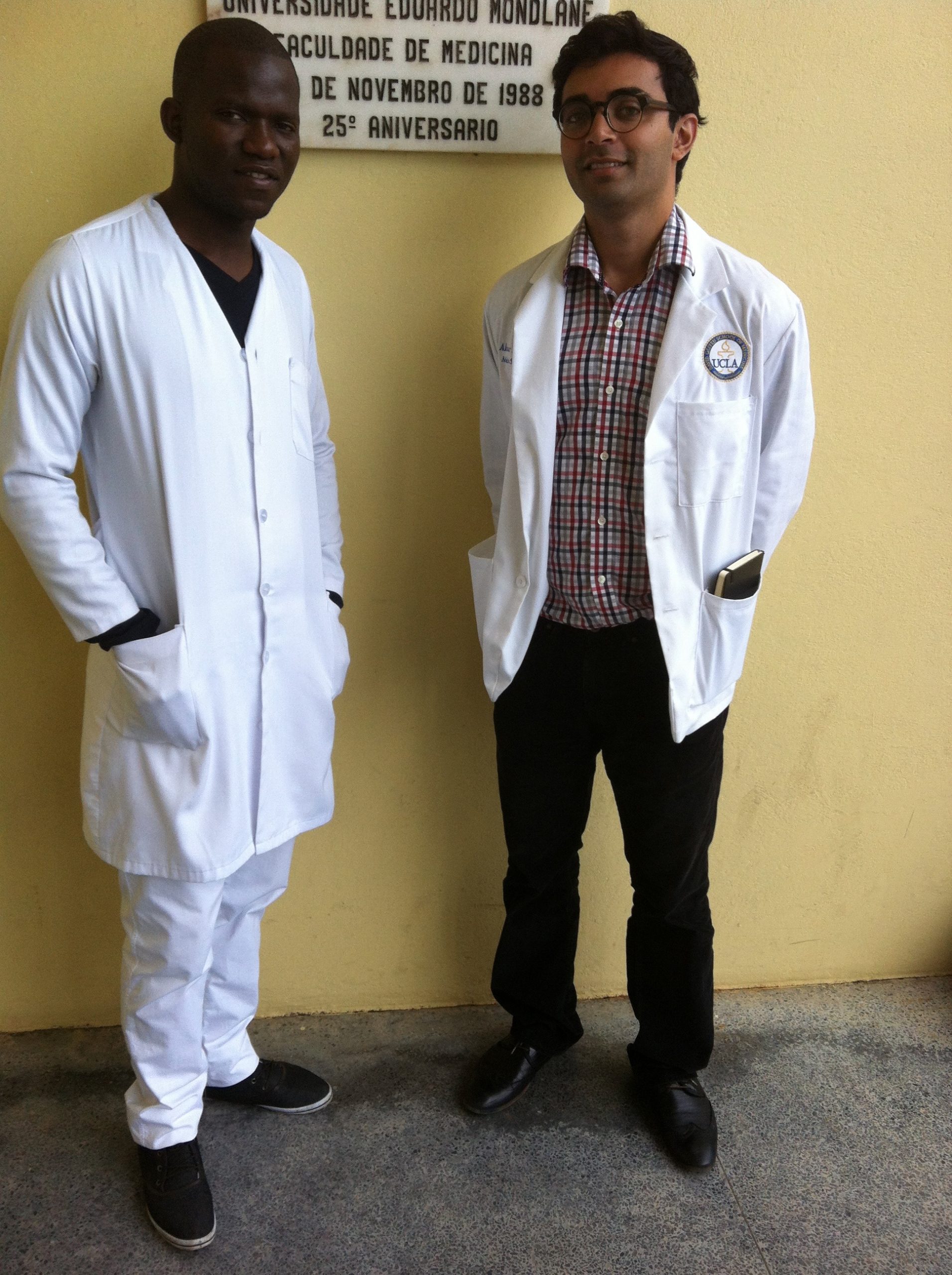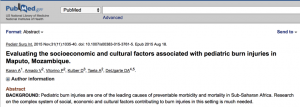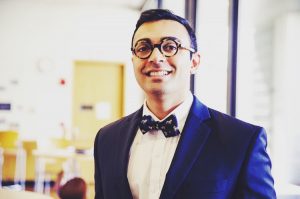Why Mentors Matter: Global Health Research Mentorship in LMICs #WorldHealthDay2017
By Abraar Karan MD, Harvard T.H. Chan School of Public Health
Mentorship in global health is severely lacking for young leaders who are from low and middle-income countries. As much as we need more global health trained professionals from all countries, there is a disproportionately higher number from high-income countries, when in fact the opposite is needed. An opportunity exists for students from the high-income countries to serve as mentors for those in lower and middle-income countries, particularly with regard to research—my experience working in Mozambique taught me this first-hand.
With the gradual move away from vertically integrated global health programs over the last decade, there is a growing sense of duty toward infrastructure development in global health settings, part of which is mentorship for young faculty and students who are native to the country in which the projects are being undertaken.

In Maputo, Mozambique, I worked as a medical student in a partnership between the David Geffen School of Medicine at UCLA and the Eduardo Mondlane Medical School in Maputo. The collaboration of institutions was formed to help build pediatric surgical infrastructure in the country, and in this effort, I worked as a research fellow on multiple studies in Maputo. More importantly, I had the opportunity to serve as a mentor to a fellow Mozambican medical student (PV) who was studying in the local medical school.
Research has not been a central part of the medical school curriculum in Eduardo Mondlane Medical School, partly as a result of the great need for physicians who are primarily focused on clinical care given the dearth of physicians in the country. Furthermore, the physical infrastructure for biomedical research is not available in Mozambique to the extent that it is in the United States and other high-income countries. As discussed in a 2014 PLOS Medicine essay, this is largely the case throughout much of Sub-Saharan Africa, which is unfortunate, but also an opportunity for North/South partnerships to transfer research skills and create a research culture for local trainees.
Working with PV was an incredibly enriching experience. It allowed me to reflect critically on how best to explain the research process from the very first steps in a way that was both interesting and inspiring. In a country with limited resources like Mozambique, it is fair to wonder why research is important at all, a question I was confronted with early on in our work. Thus, validating research as a means to create evidence-based change was part of the many discussions PV and I had together. We designed a research protocol to study pediatric burn injuries and the socioeconomic factors related to these, and worked through the ethics board approval at the university in Maputo, as well as in Los Angeles. Ultimately, we collaborated together to design the survey instruments, and practiced conducting interviews with patients, a skill-set that was completely new to PV. Our work continued for several months afterward, mainly via Skype and email, and eventually, we managed to collect, analyze, and publish our data together.

The process was immensely rewarding for me as a mentor and a collaborator. I was able to reflect on why global health research is so fundamentally important, and challenging. I was also able to inspire a student to care about research for his own community, and to allow him to see that his efforts could result in something that would have a much larger impact on the medical field.
I would encourage global health practitioners to very seriously and sincerely engage in mentorship with students who are studying in the countries within which they work. These students will be the future leaders in their communities, and instilling a love for learning and scientific inquiry should not be something that is overlooked, nor taken for granted. It can be a game-changer for the many countries that are in dire need of homegrown research leadership.
 Dr. Abraar Karan, Harvard T.H. Chan School of Public Health
Dr. Abraar Karan, Harvard T.H. Chan School of Public Health
Dr. Abraar Karan is an MPH candidate at the Harvard T.H. Chan School of Public Health, and a graduate of the UCLA David Geffen School of Medicine. Dr. Karan is the editor of the book, Protecting the Health of the Poor: Social Movements in the South. He has worked in Uganda and Mozambique on efforts related to the political dynamics of the HIV/AIDS epidemic.
Dr. Karan last posted in PLOSBLOGS Translational Global Health: A Call for Courage in Uncertain Times: Curbing HIV/AIDS in Sub-Saharan Africa through Political Leadership

[…] Source: Why Mentorship Matters: Global Health Research Mentorship in LMICs […]
[…] Posted April 7, 2017 by Victoria Costello in Uncategorized 0000-0002-8715-2896 AddThis Sharing Buttons above Source: Why Mentorship Matters: Global Health Research Mentorship in LMICs […]
I think this is a very important issue raised here, most us as students here in Sub Saharan Africa especially in the health sector can’t see the big picture and hence need help and mentorship.
Thank you so much for this article
Mentorship in research cannot be overemphasized. The experience I have had working with FBOs in Kenya, there is a lot going on and could go on but due to limitations, the institutions hardly maximize their contributions to the world especially in health sector. I would be glad to get a mentor in Paediatrics, Adolescents and young people HIV care and treatment.